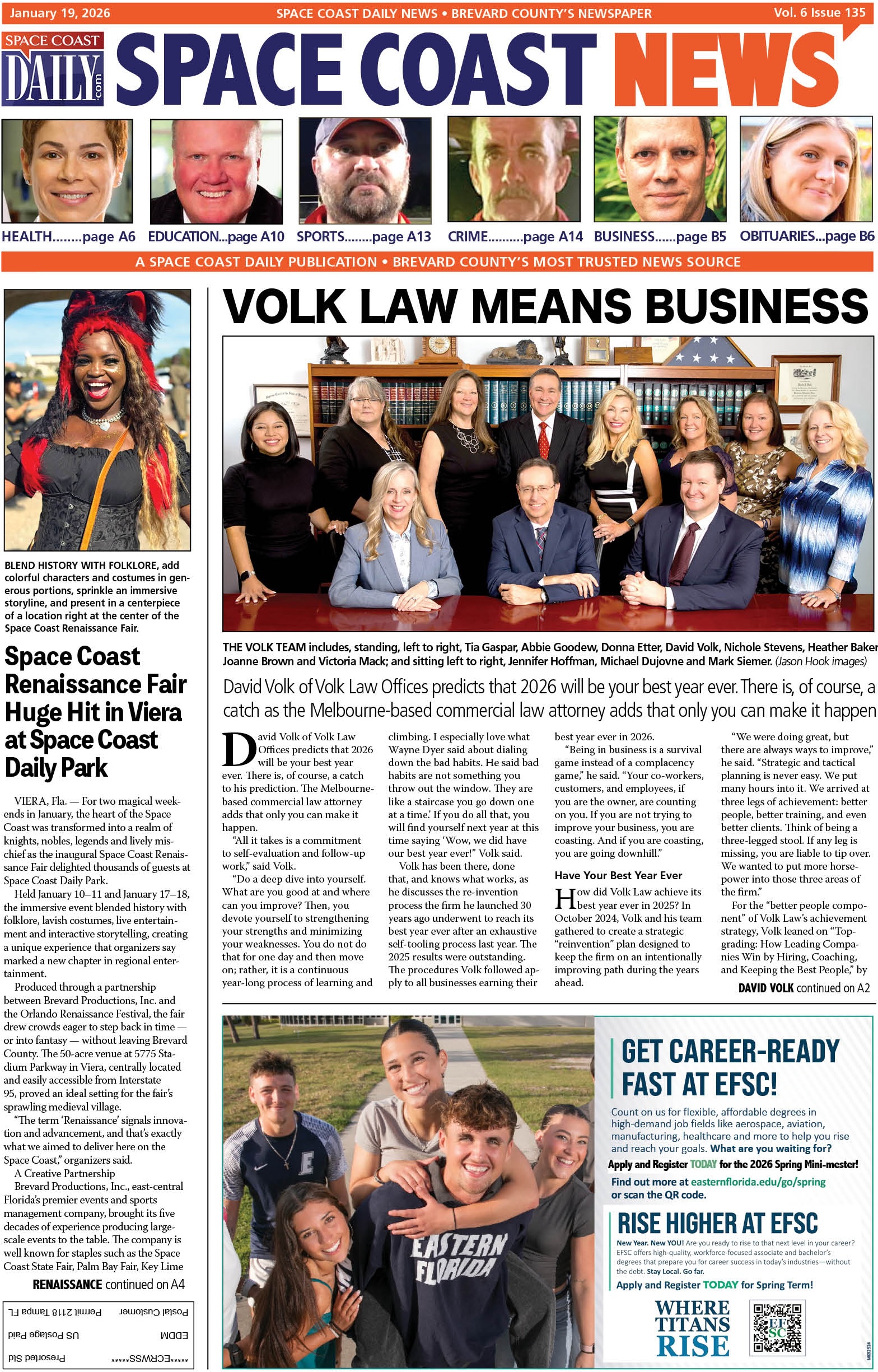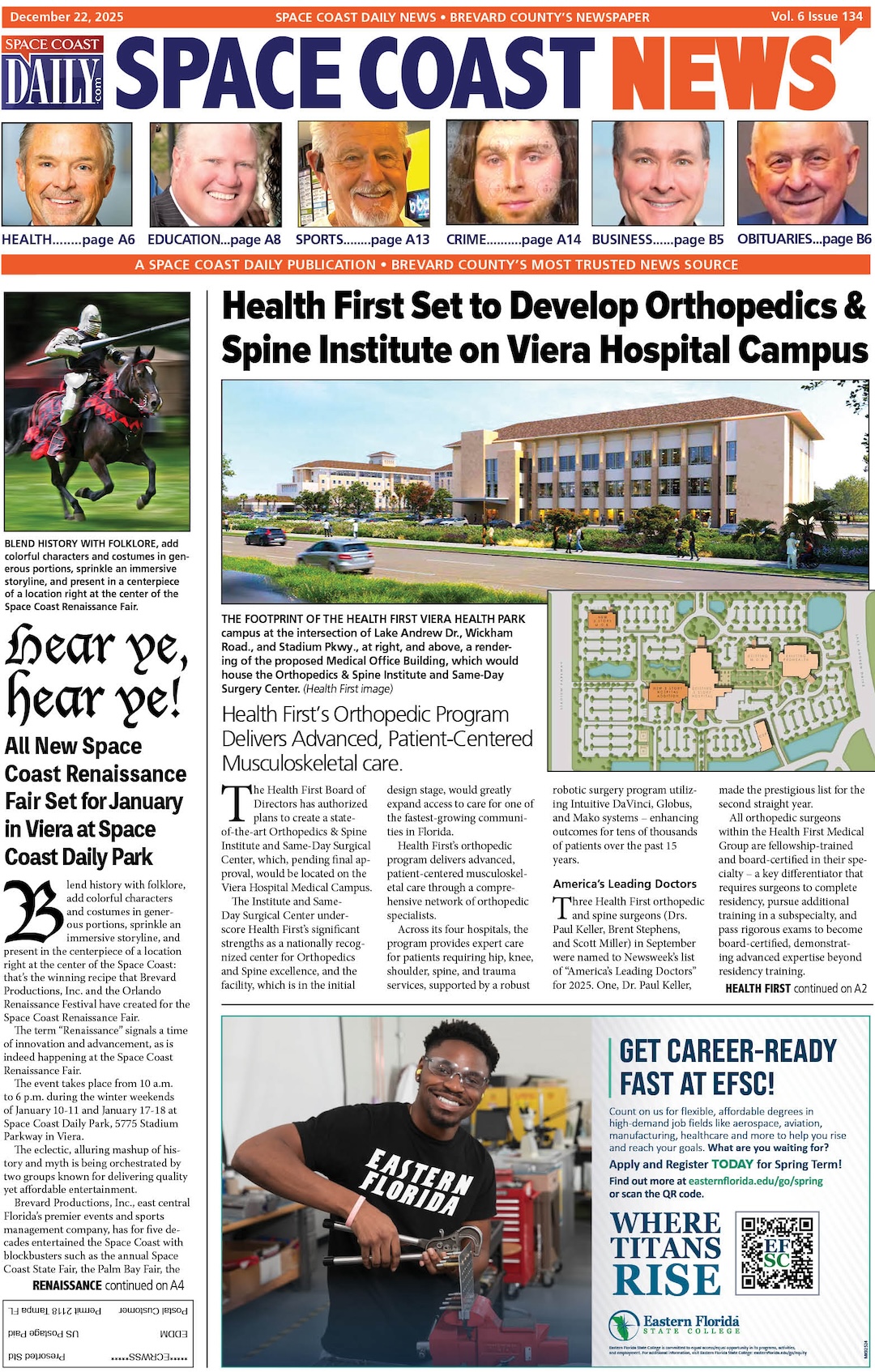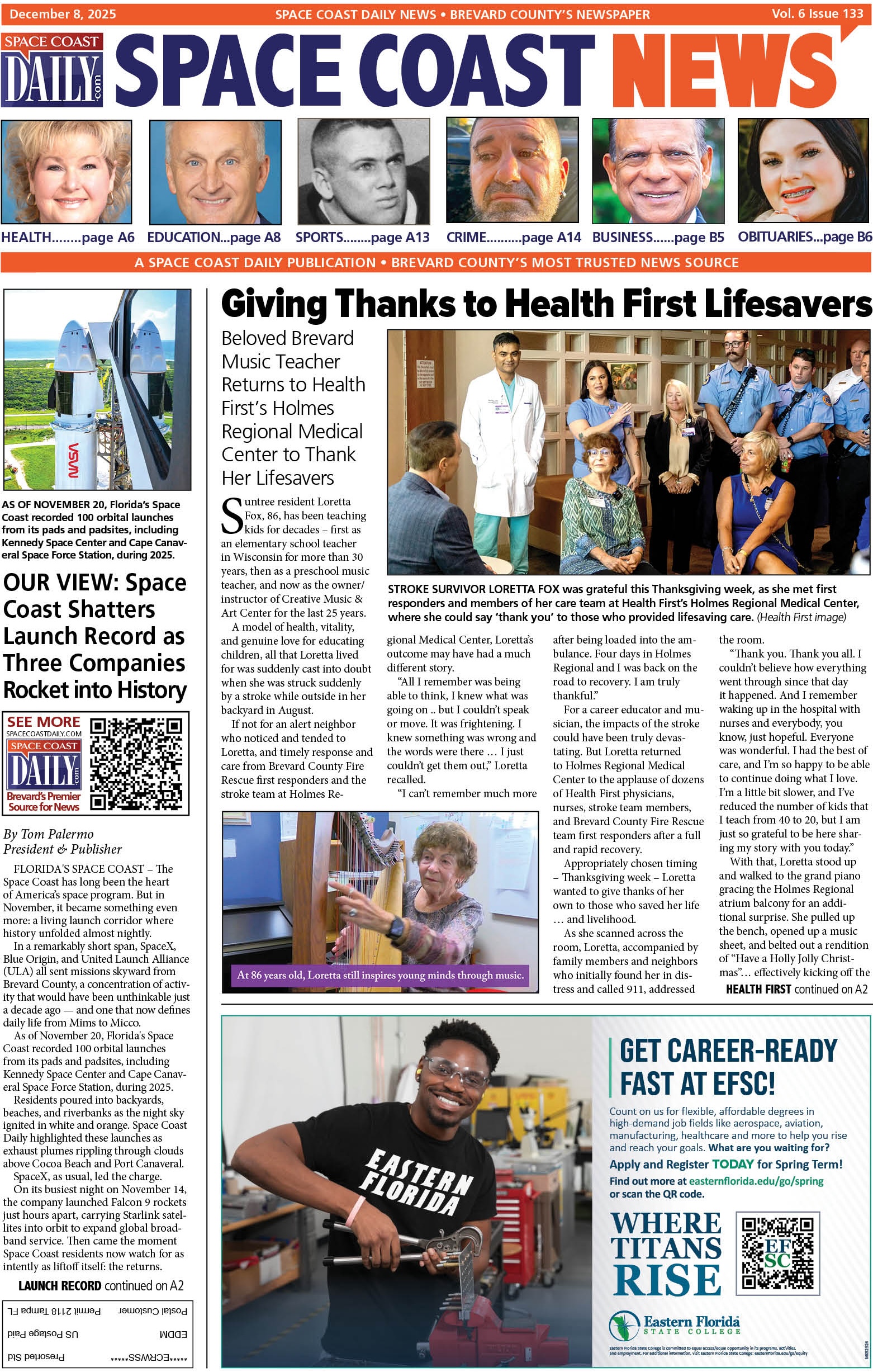Safeguarding Clients’ Rights in Personal Injury Lawsuits: The Vital Role of Advocacy and Counsel by Lawyers
By Space Coast Daily // February 23, 2024

Personal injury lawsuits stem from instances where individuals endure harm due to the negligence or deliberate actions of others. In such scenarios, enlisting legal representation becomes pivotal to safeguard the injured party’s rights and pursue just compensation.
This article delineates the pivotal role of attorneys in advocating for clients’ rights and furnishing guidance throughout the labyrinthine process of personal injury litigation.
Grasping Personal Injury Litigation
Defining Personal Injury
Personal injury encompasses a broad spectrum of harms, spanning physical, emotional, and psychological injuries stemming from accidents, medical malpractice, defective products, or intentional misconduct.
Legal Foundations
Negligence: The crux of many personal injury cases revolves around negligence, necessitating the demonstration of the defendant’s breach of duty, resulting in harm to the plaintiff.
Intentional Torts: In certain instances, personal injury lawsuits involve intentional torts, such as assault, battery, or defamation, wherein the defendant willfully inflicts harm upon the plaintiff.
The Crucial Role of Attorneys in Personal Injury Litigation
Legal Advocacy
Case Assessment: Attorneys meticulously scrutinize personal injury cases, evaluating evidence, gauging liability, and estimating damages. This preliminary analysis informs their approach to seeking compensation on behalf of their clients.
Legal Representation: Attorneys champion their clients’ cause throughout legal proceedings, advocating for their interests in negotiations with insurers, settlement deliberations, and potential courtroom proceedings.
Proficiency in Personal Injury Law
Legal Acumen: Personal injury attorneys boast a profound comprehension of tort law intricacies, encompassing statutes, precedents, and legal doctrines germane to their clients’ cases.
Navigating Legal Protocols: Attorneys shepherd their clients through the convolutions of the legal framework, encompassing document filings, adherence to deadlines, and adherence to procedural guidelines.
Upholding Clients’ Rights
Evidence Preservation: Attorneys ensure the preservation and documentation of pertinent evidence, such as medical records, incident reports, witness testimonies, and expert analyses, bolstering their clients’ claims.
Mitigating Legal Pitfalls: Attorneys proffer counsel to their clients, preempting potential pitfalls and legal hazards—like making statements to insurers or acquiescing to inadequate settlement offers—that could imperil their entitlement to just recompense.
Strategies for Safeguarding Clients’ Interests
Thorough Inquiry
Evidentiary Compilation: Attorneys conduct comprehensive inquiries to amass evidence buttressing their clients’ assertions, encompassing witness interrogations, scene inspections, and expert evaluations.
Damage Documentation: Attorneys meticulously document the scope of their clients’ injuries, losses, and damages, including medical costs, income losses, pain and suffering, and future rehabilitation requisites.
Effective Negotiation
Demand Communications: Attorneys draft demand missives delineating their clients’ injuries, damages, and the legal rationale underpinning their compensation entreaties, compelling insurers or adversaries towards amenable settlements.
Negotiation Stratagems: Attorneys deploy negotiation stratagems, leveraging evidence, articulating legal contentions, and advocating for equitable redress, fostering favorable settlement resolutions for their clients.
Litigation as Ultima Ratio
Trial Preparation: In instances where settlement overtures fail to yield satisfactory outcomes, attorneys ready themselves for trial by procuring supplementary evidence, identifying expert witnesses, and devising persuasive courtroom stratagems.
Courtroom Advocacy: Attorneys advocate for their clients’ interests in court, presenting evidence, examining witnesses, and expounding legal arguments before adjudicators to secure equitable reparation via verdict.
In Conclusion
Traversing the maze of Atlanta Personal Injury Lawyer litigation necessitates adept advocacy and counsel to safeguard clients’ rights and pursue fair compensation for their anguish and losses. Within this arena, the presence of a proficient personal injury attorney is indispensable. These legal stalwarts advocate zealously for their clients, deftly navigating legal intricacies to secure favorable outcomes through negotiation or litigation. Armed with their expertise, legal prowess, and unwavering support, injured individuals can rest assured of obtaining the restitution they rightfully deserve, fostering their path to recovery and reconstruction in the aftermath of personal injury adversity.
As a journalist, Leland D. Bengtson dedicated most of his career to law reporting. His greatest satisfaction is to convey legal matters to the public in a language that they can understand. He is active on various platforms and media outlets, writing about common legal issues that people confront with every day. While medical malpractice is his strong suit, Leland covers plenty of other topics, including personal injury cases, family law, and other civil and even criminal legal matters.












